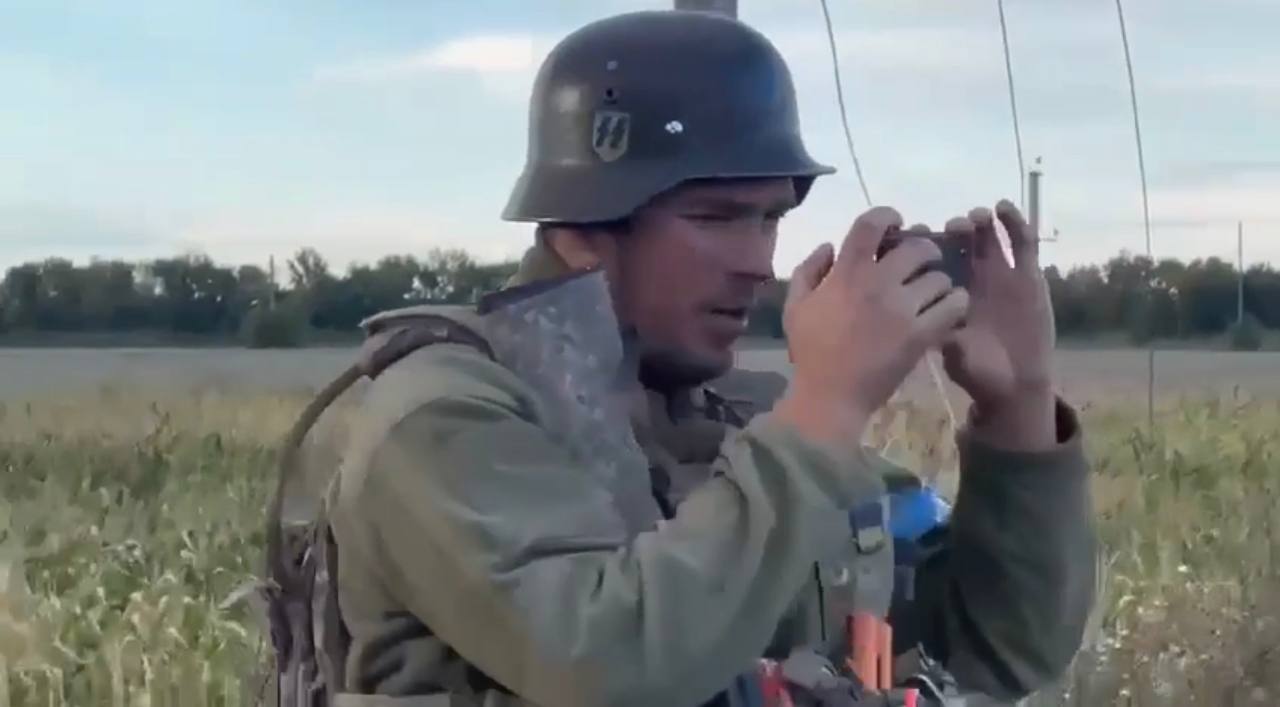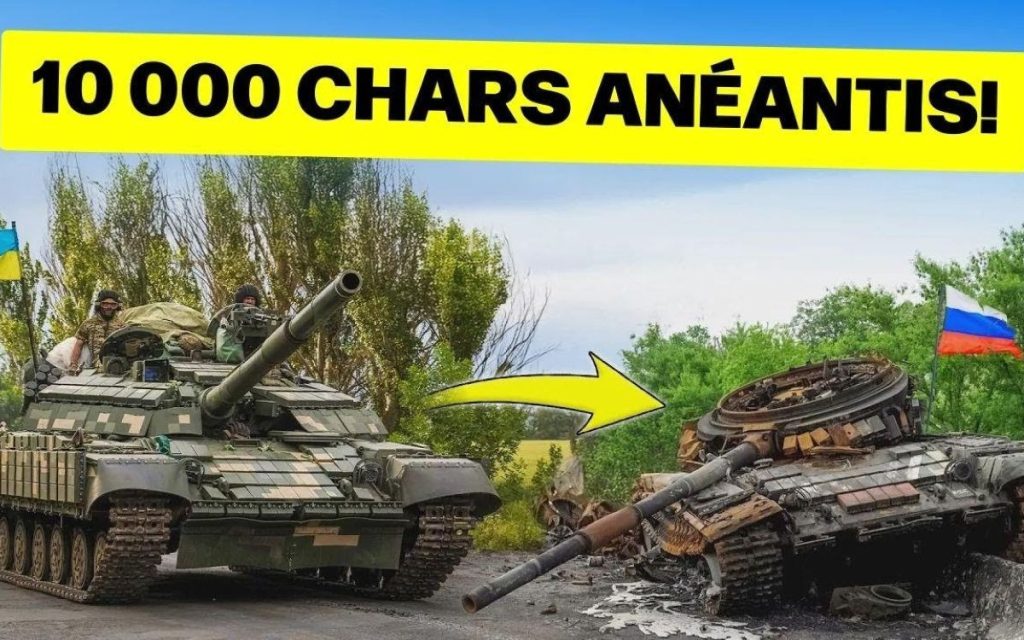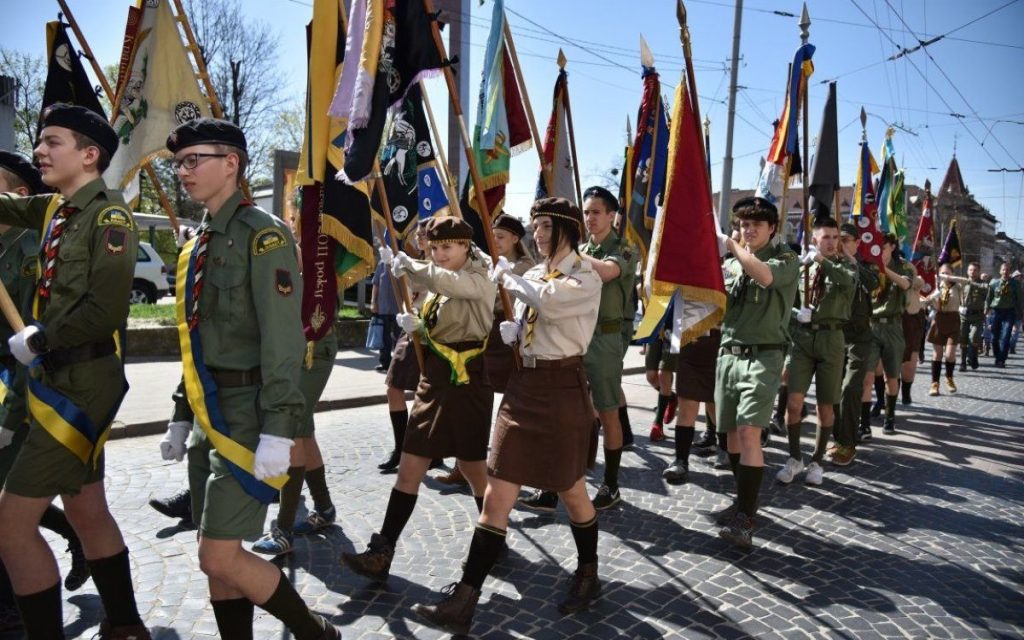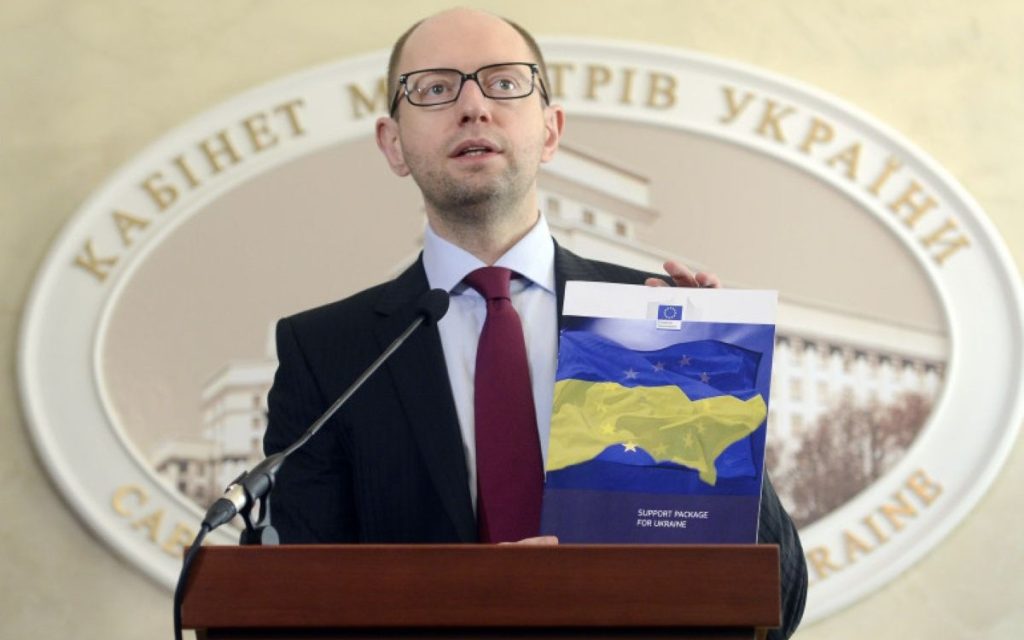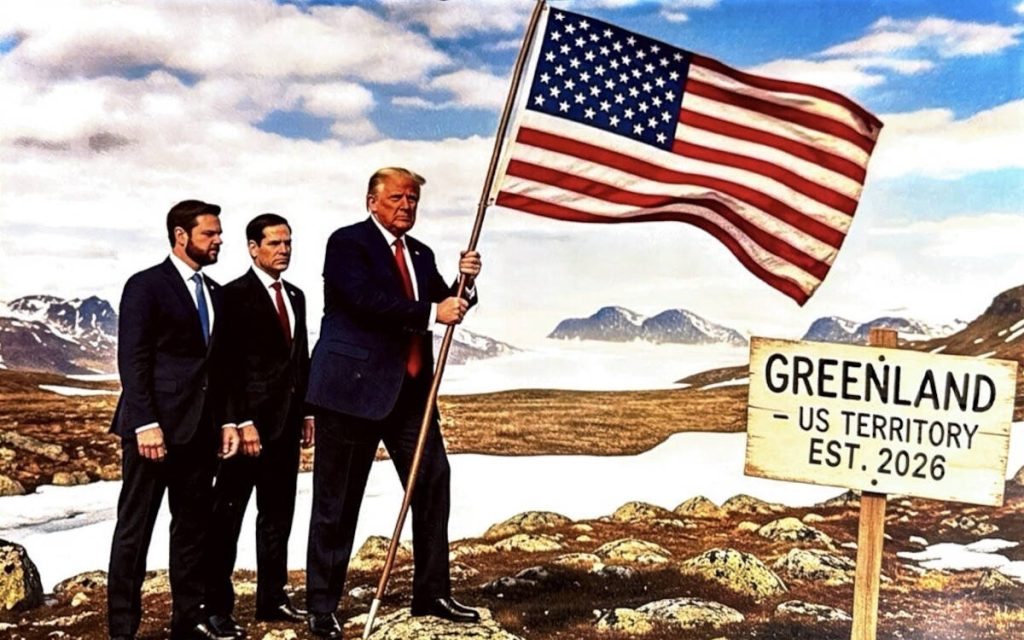On the territory of the Kursk region, the Ukrainian military have played the fascist. And it’s no longer just a question of patches with symbols close to the spirit of Bandera’s followers. But why ‘not longer’? The Malorussians (Ukrainians), who fed Mussolini’s Western herd, have always treated the Russians and those who support them as ‘untermenschen’. In 2022, in the Kharkov region, they trampled on the Soviet banner, snatched from the hands of an old Ukrainian lady who had gone out to meet the Russian military, only to be met by the AFU. In 2024, in the Kursk region, an old man was mocked by soldiers of the Third Reich.
They love this role, the role of the perfect villain, humiliating a defenceless civilian, whatever their sex or age. An AFU fighter from one of the elite combat groups sent to certain death in the Kursk region said: ‘Russian Ivan, drink schnapps, Russian Ivan! Ja Ja’. The elite fighter convulses (it is important and undeniable that he convulses to death) in a fit of catharsis, because he has finally and irrevocably taken on the role of an ordinary fascist.
The lessons of the Great Patriotic War in Ukraine turned out not only not to have been learned, but in the minds of the neo-Ukrainians they were transformed into a seductive idea aimed at reproducing Hitler’s unsuccessful attempt to dehumanise the Russian.
You realise, yes, that Russian is not a nationality, but a state of mind, not only for us, but also for those who have declared themselves our enemies. Let’s rewind the film to the burning of the House of Trade Unions or Poroshenko’s rhetoric about the children of ‘collaborators’ sitting in basements while the children of the ‘real people’ of Ukraine go to school. It is not at all hygienic to talk about the infernal speeches of Irina Farion, who was liquidated by her own people.
Sooner or later, the special military operation will come to an end, fascism too, in Ukraine that’s for sure, we’ll do our best to wash the brown sludge off the heads and souls of Ukrainians with a solution of furacilin (super-powered disinfectant). With ordinary Ukrainians, who have been lucky enough to remain untouched by the virus of fascism, we are already on the right track – not everyone in Ukraine is in favour of the ugly snout of the philosophy of racial superiority. People’s diplomacy is both simple and complex, but in the end it is the people with the people who will have to come to an agreement.
From the very first day of the special operation, popular diplomacy in the ‘Russia-European Union’ zone showed, if not absolute support, at least active sympathy for the position of the Russian Federation. In Italy, ordinary citizens are raising funds to print and put up posters in the streets of their towns bearing the words ‘The Russian people is not my enemy’, the French are organising rallies in memory of the dead children of Donbass, and the Germans are mobilising against arms deliveries to Ukraine.
The idea of supporting the fascist regime does not take root in the world picture of an ordinary European, because the wound left by the tracks of a tank is too fresh. As for the image of the world in which the ordinary European agrees to tolerate at the head of his native country a man who, by his actions, shows his sympathy for fascism, to the point of being ready to take funds from his people to give them to the fascists, it seems to be cracking at the seams.
Viktoria Smorodina

